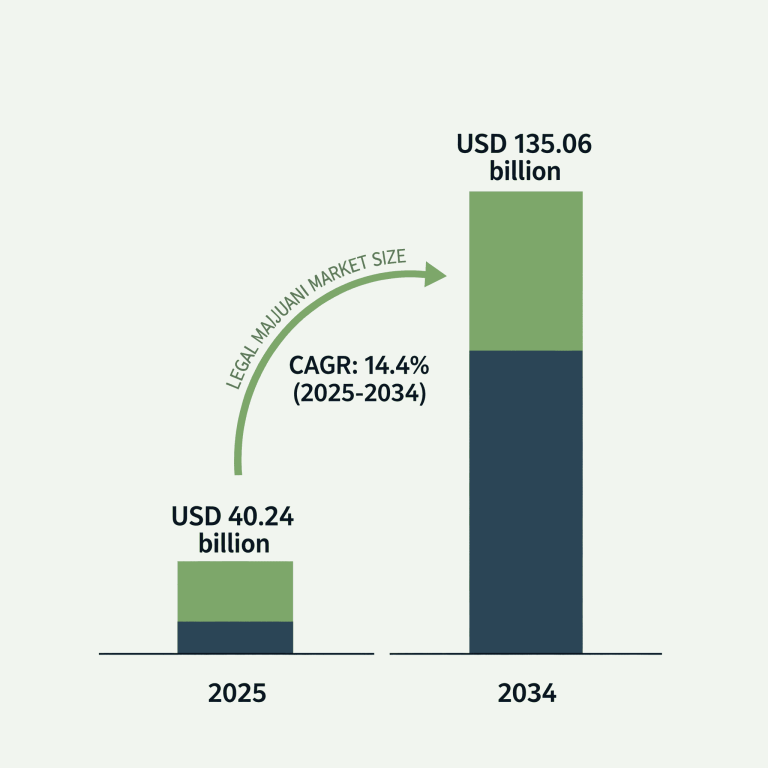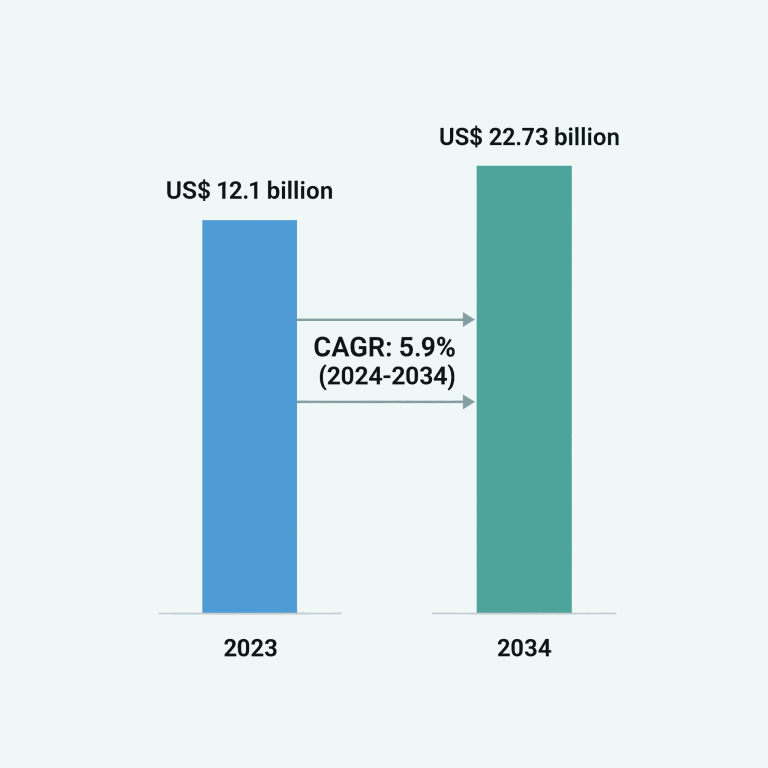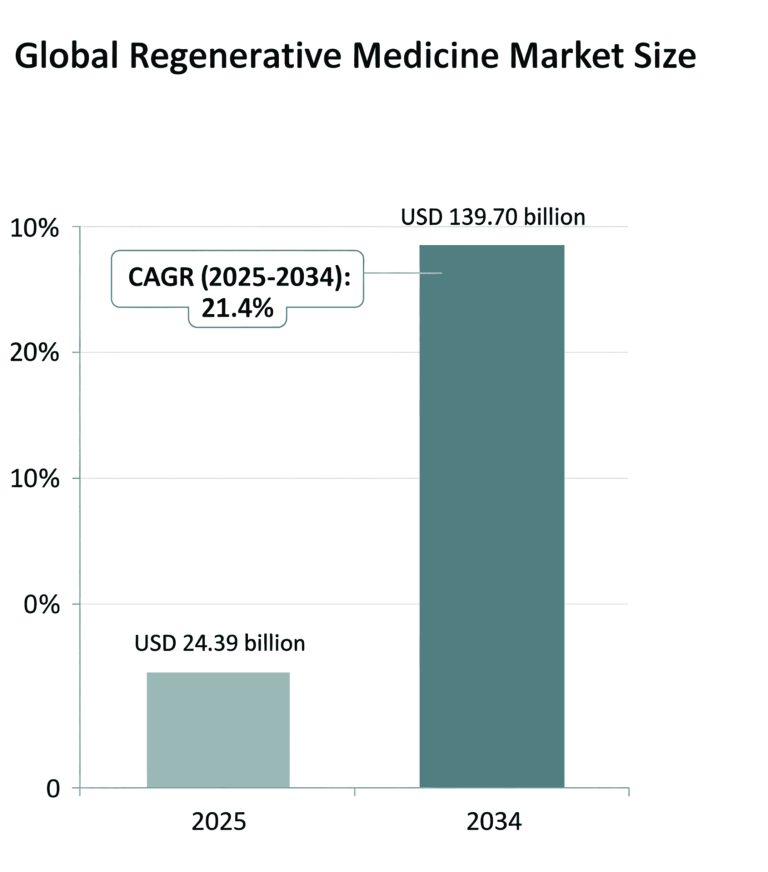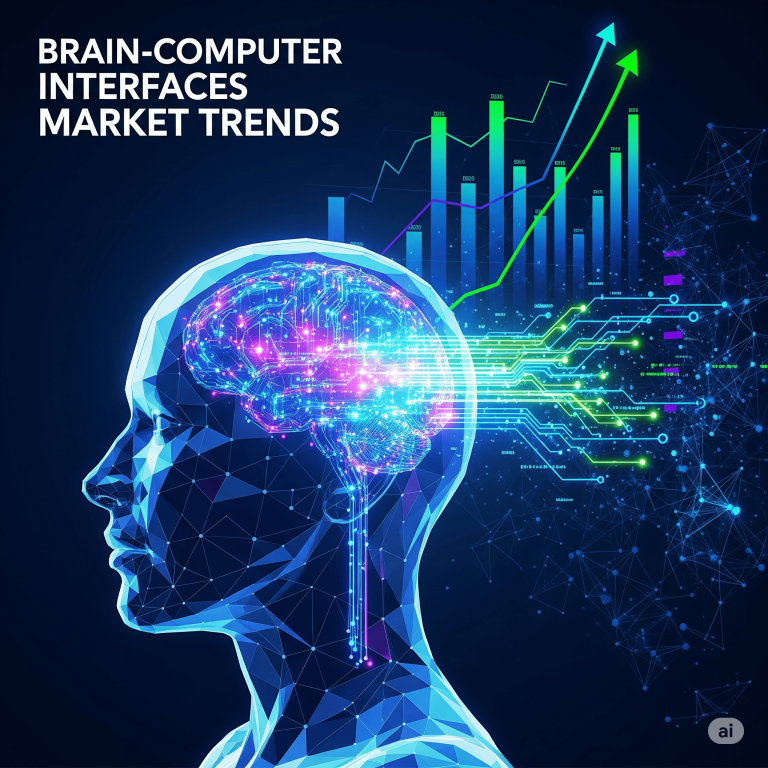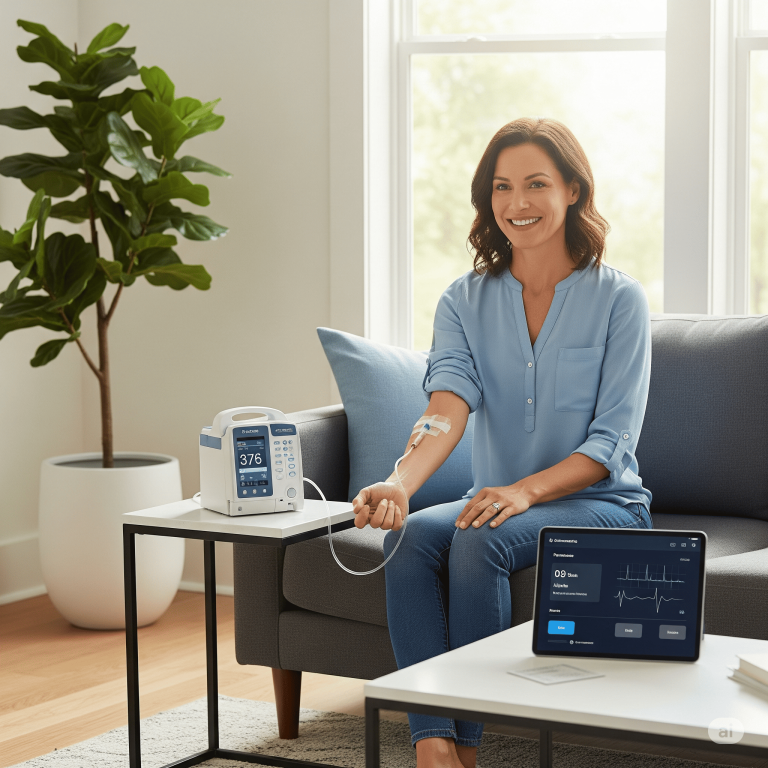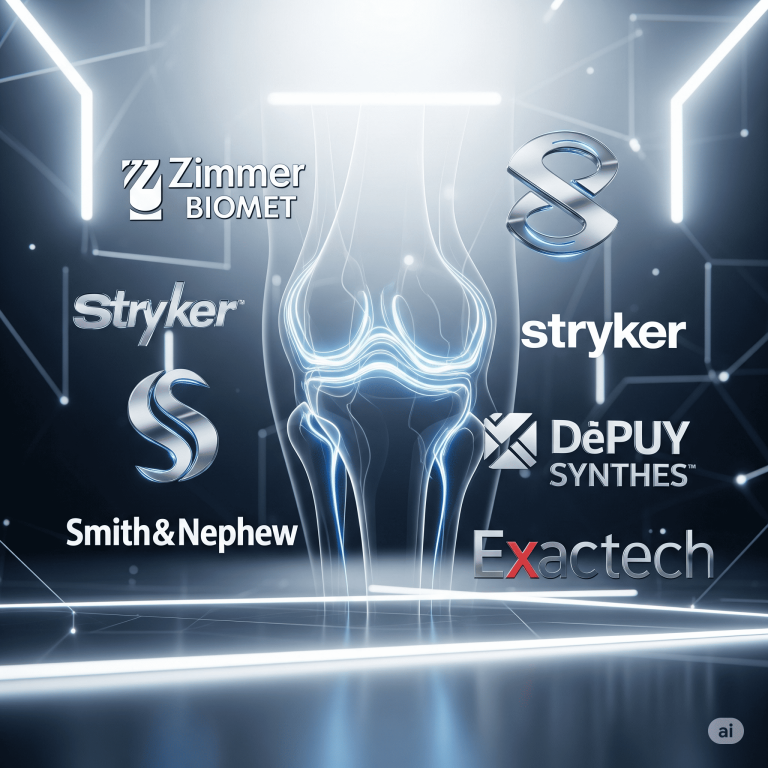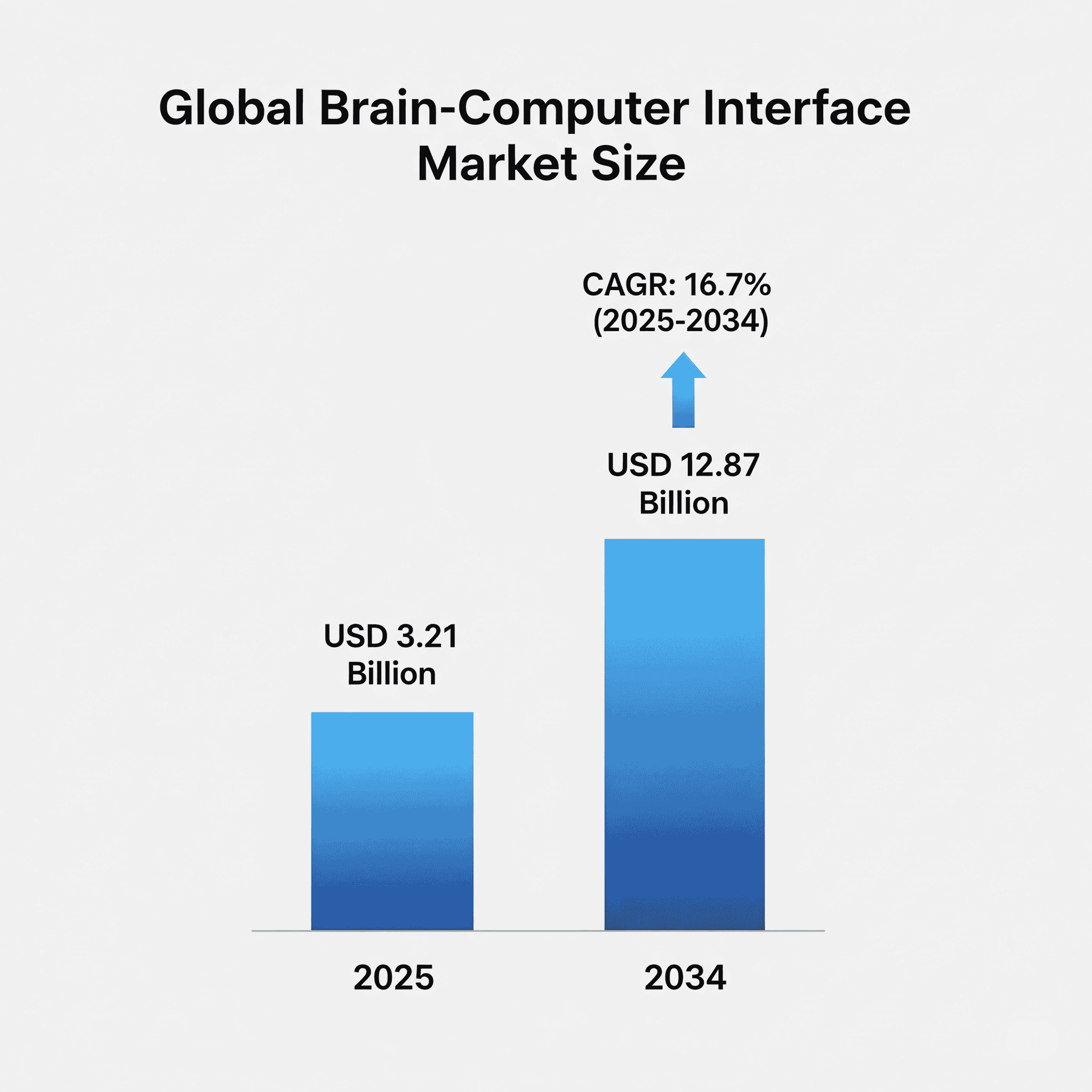
The global Brain-Computer Interfaces (BCI) market is projected to grow from USD 3.21 billion in 2025 to USD 12.87 billion by 2034, expanding at a CAGR of 16.7%. This rapid growth is driven by advancements in neurotechnology, the rising prevalence of neurological disorders, and expanding applications in healthcare, smart home control, and gaming. AI integration, non-invasive technology, and government funding are key enablers. However, data privacy and ethical concerns remain critical challenges.
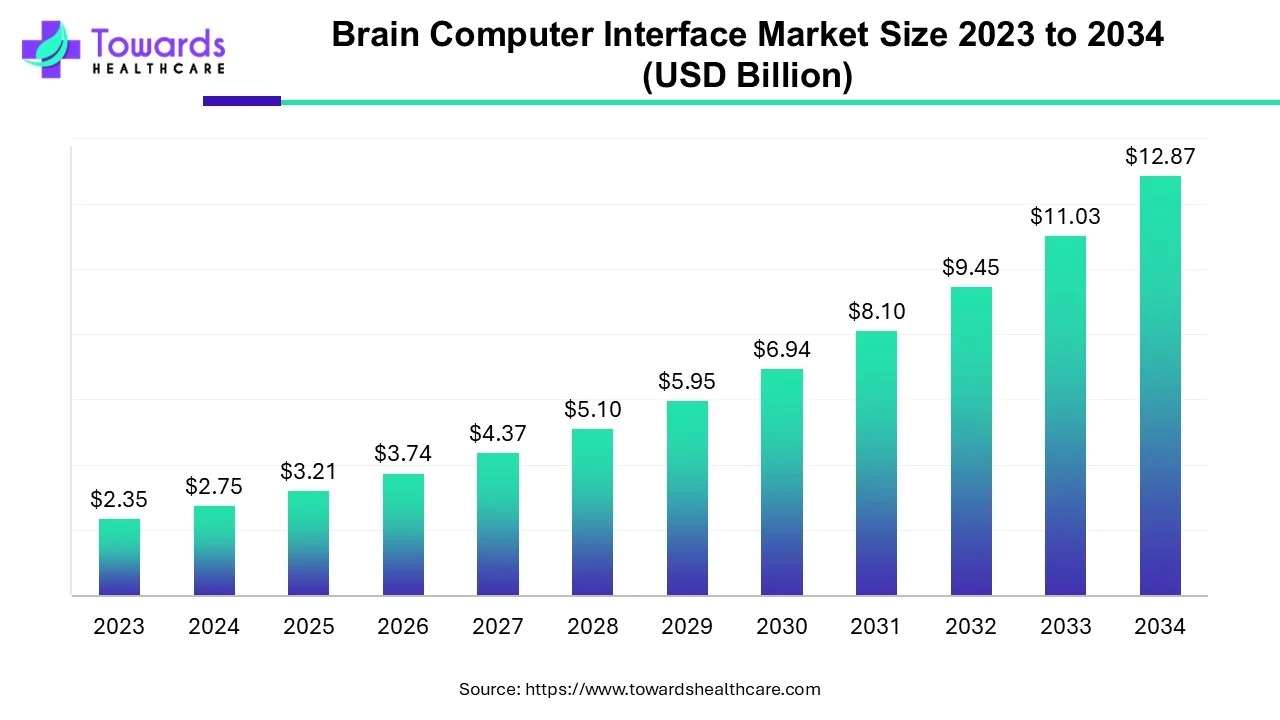
The Complete Study is Now Available for Immediate Access | Download the Sample Pages of this Report @ https://www.towardshealthcare.com/download-sample/5036
Market Trends
AI Integration in BCIs
● Enhances signal interpretation and control response.
● Enables bidirectional brain-machine interaction for advanced applications.
Medical Advancements
● Neuralink, Synchron, and Precision Neuroscience have made FDA-approved progress with human BCI implants.
● BCIs are being used to restore speech, treat ALS, and support neurorehabilitation.
Smart Home Control Adoption
● ALS patients controlling smart homes using BCI (e.g., via Alexa).
● P300-based systems enable users to operate home devices using thought.
Strategic Partnerships & Funding
● Neuralink, Synchron, and OpenBCI have raised significant investments.
● Government initiatives such as DARPA’s N3 and Europe’s PERTE Chip support development.
Key Market Insights
● Non-invasive BCI dominated the market in 2024 due to ease of use and no surgical requirement.
● Medical end-use held the largest market share in 2024.
● Smart home control segment is projected to grow at the highest CAGR of 19.4%.
● AI and ML integration significantly enhance BCI performance in both clinical and non-clinical settings.
Market Dynamics
Drivers
● Growing cases of neurodegenerative diseases like Parkinson’s and ALS.
● AI and machine learning boosting performance and efficiency of BCIs.
● Strong government support and public-private investments.
● Increased demand for assistive technologies and realistic gaming.
Challenges
● Cybersecurity & data privacy concerns with brain signal data.
● High development costs and need for skilled professionals.
● Ethical issues around mind-reading, ownership, and brain manipulation.
Regional Analysis
North America (Largest Market – 39.77% share in 2022)
● Home to major players like Neuralink, Paradromics, and OpenBCI.
● High adoption of advanced healthcare and gaming technologies.
● Strong government and private funding support.
Asia-Pacific (Fastest Growing – CAGR 17.3%)
● Rising healthcare investment and neurological disorder prevalence.
● China’s release of “Guidelines for Research Ethics in BCI”.
● $518 million VC investment in Indian BCI startups in 2023.
Europe
● Regulatory support and growing demand in Germany and the UK.
● €4 million funding to INBRAIN Neuroelectronics for graphene-based BCI.
Segment Highlights
By Product
Non-Invasive BCI (Dominant)
● Uses EEG, MEG, or MRI without surgery.
● Widely adopted due to safety and cost-effectiveness.
Invasive BCI (Fast Growing)
● Implanted microelectrodes offer high precision.
● Suitable for advanced medical use (e.g., ALS, paralysis).
By Application
Healthcare (58.63% market share in 2022)
● Includes neurorehabilitation, prosthetics, mental health, and speech recovery.
Smart Home Control (Highest CAGR)
● Increasing use among mobility-impaired users for hands-free control.
Gaming & Entertainment
● Growing demand for immersive and realistic experiences.
By End User
Medical (Largest share in 2024)
●BCI used in robotic arms, wheelchairs, and clinical diagnostics.
Military (Significant Growth Expected)
● Applications in soldier communication, cognitive enhancement, and autonomous systems.
Top Companies 2025
● Openbci
● Nihon Kohden Corporation
● Neuroky
● Natus Medical Incorporated
● Integra Lifesciences
● G.Tec Medical Enginneering Gmbh
● Emotiv
● Cortech Solutions
● Cadwell Industries
● Advanced Brain Monitoring, Inc
● Mind Technologies, Inc
Top 5 FAQs
Q: What is driving the rapid growth of the brain-computer interface market?
A: Key drivers include rising neurological disorders, AI integration, government funding, and increasing adoption in healthcare and smart home technologies.
Q: Which segment is dominating the BCI market?
A: The non-invasive BCI segment dominates due to its safety, cost-effectiveness, and ease of use without surgery.
Q: How is AI used in brain-computer interfaces?
A: AI processes and interprets brain signals, improving accuracy and enabling real-time responses in assistive devices and simulations.
Q: Which region leads the BCI market and why?
A: North America leads due to major tech players, high investment, advanced healthcare infrastructure, and growing adoption in smart tech.
Q: What are the biggest challenges facing the BCI market?
A: The main challenges include cybersecurity risks, data privacy concerns, ethical issues, and regulatory barriers.
Immediate Delivery Available | Buy This Premium Research @ https://www.towardshealthcare.com/price/5036
Access our exclusive, data-rich dashboard dedicated to the healthcare market – built specifically for decision-makers, strategists, and industry leaders. The dashboard features comprehensive statistical data, segment-wise market breakdowns, regional performance shares, detailed company profiles, annual updates, and much more. From market sizing to competitive intelligence, this powerful tool is one-stop solution to your gateway.
Access the Dashboard: https://www.towardshealthcare.com/access-dashboard
Become a valued research partner with us – https://www.towardshealthcare.com/schedule-meeting
You can place an order or ask any questions, please feel free to contact us at sales@towardshealthcare.com
